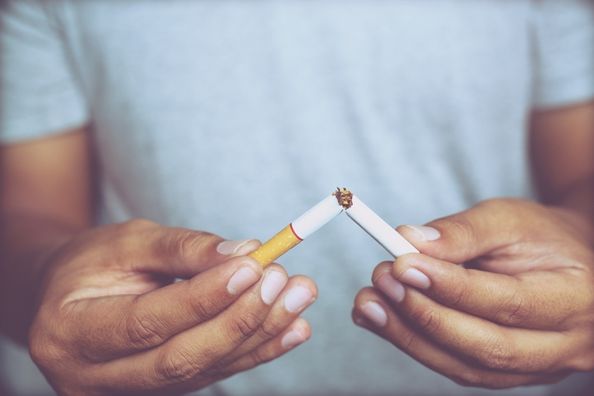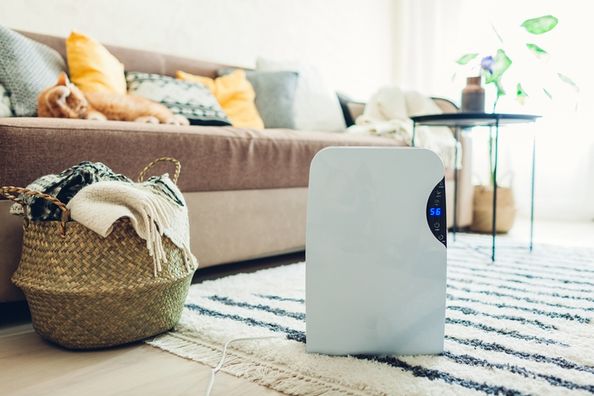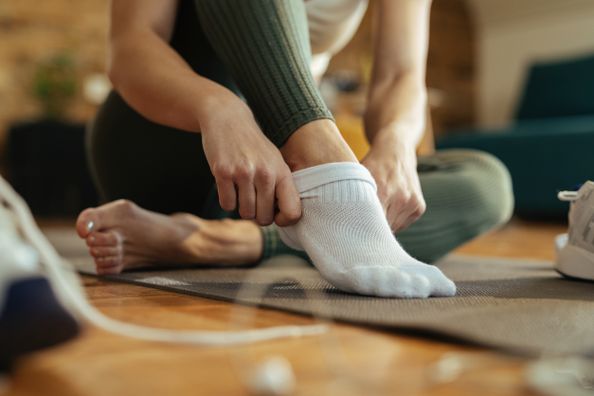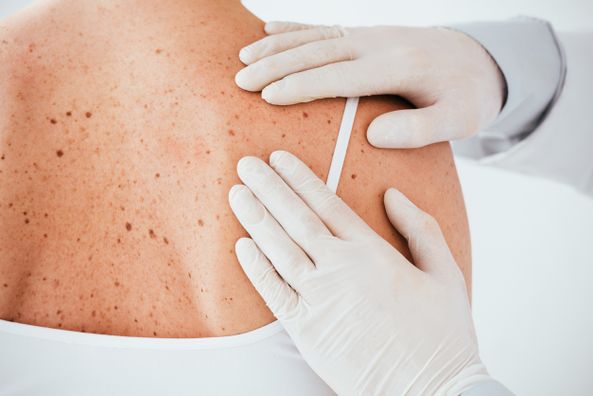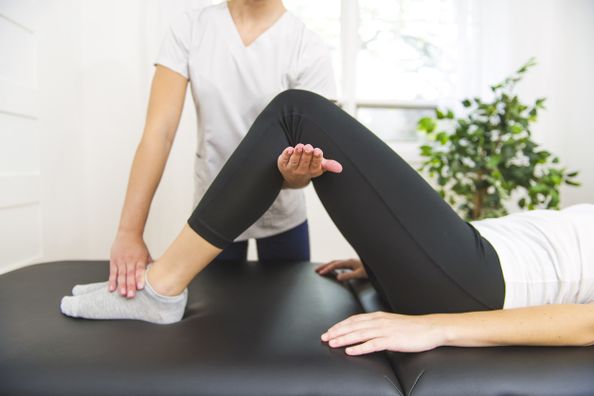
8 Ways to Reduce Scar Formation & Increase Mobility
By Physical & Occupational Therapy
Scar formation is a natural occurrence after surgery as scars help to strengthen the tissues that are healing. However, too much of a good thing may not actually be beneficial. Scars can become bothersome and limit movement.


